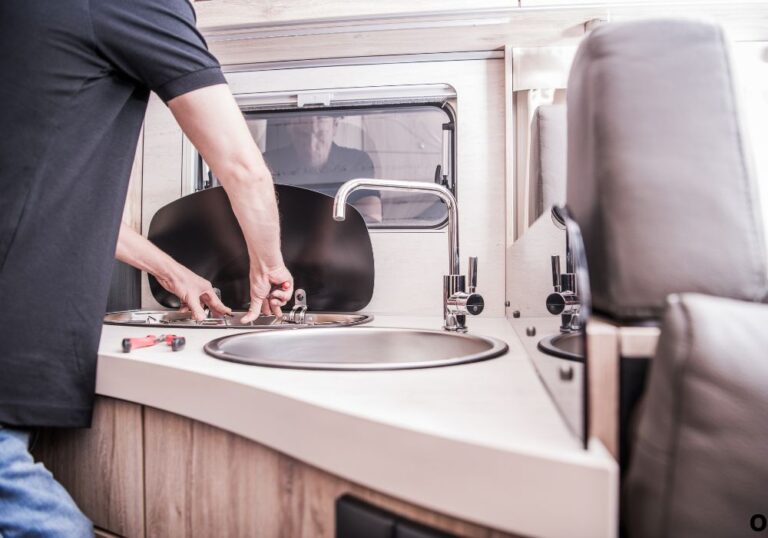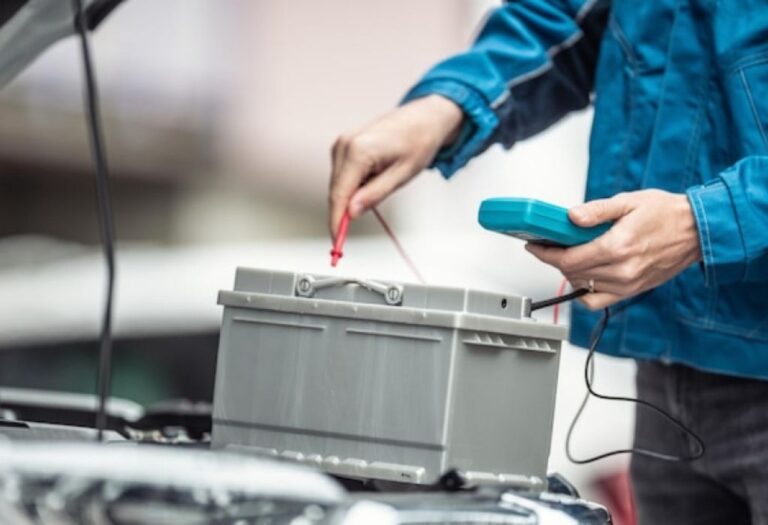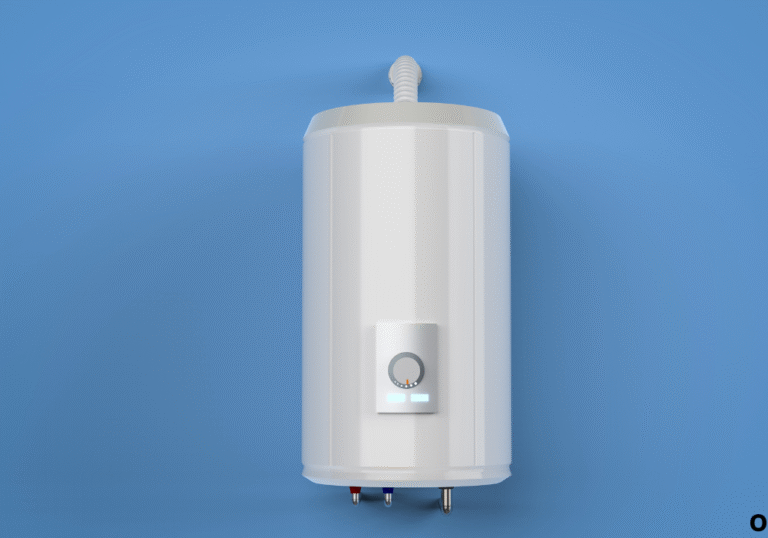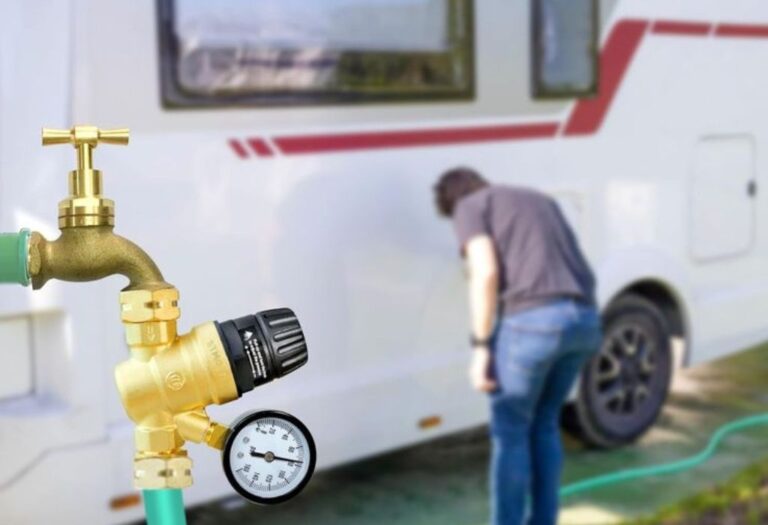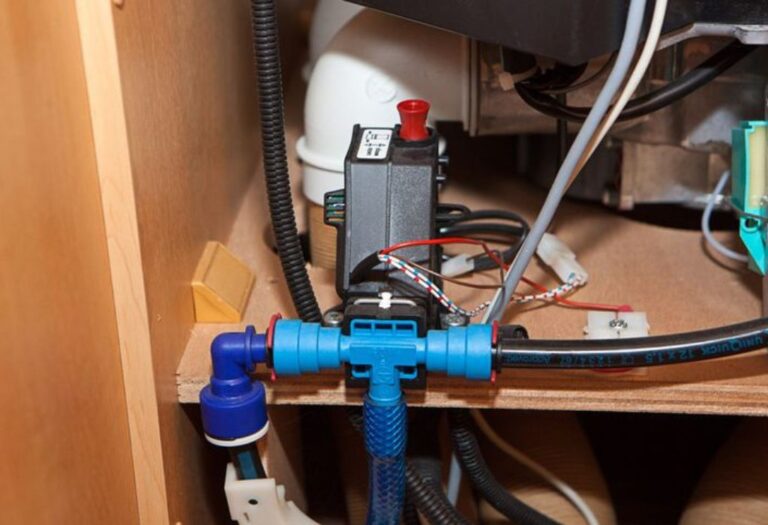How to Tell If Your RV Battery Is Bad: 7 Warning Signs Every Camper Should Know
Picture this: you’re in the middle of a road trip, parked at a scenic campground, when suddenly your RV lights dim or your refrigerator shuts down. The culprit? Most likely, a failing RV battery.
Your RV batteries are the heart of your off-grid adventures, powering everything from lights and water pumps to safety devices and fridges. If they start to go bad, your trip can turn into a stressful experience quickly.
In this guide, we’ll walk you through the signs of a failing RV battery, how to test it, the common reasons they go bad, and what you can do to prevent it in the future. By the end, you’ll know exactly how to tell if your RV battery is bad—and what to do next.
1. Why RV Batteries Are So Important
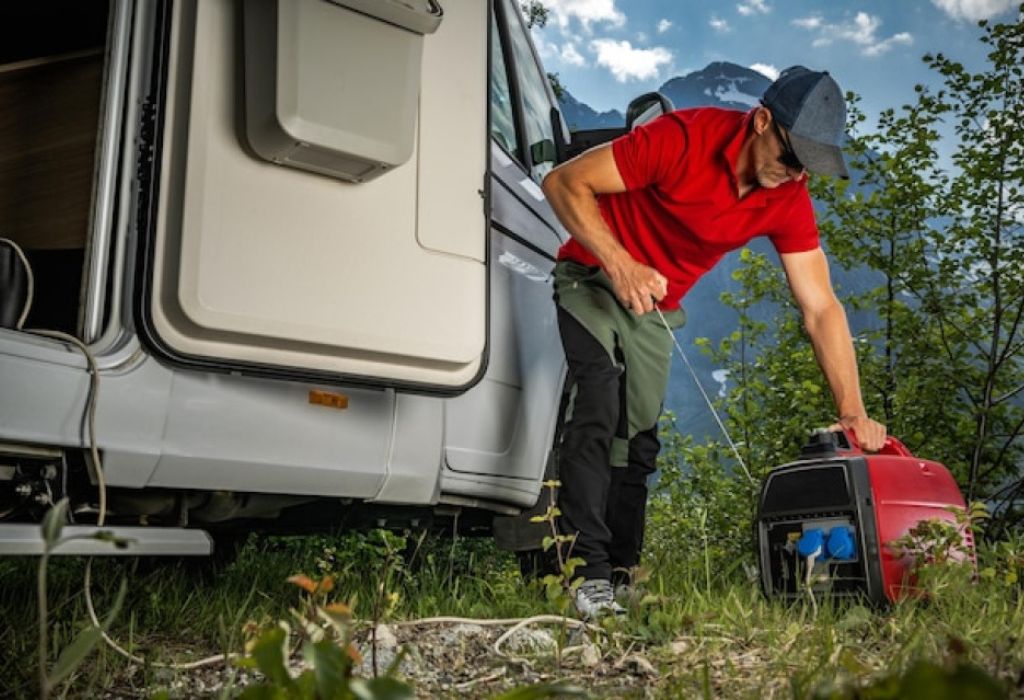
RV batteries aren’t just accessories; they’re essential for making your RV livable when you’re not plugged into shore power. Here’s why they matter:
- They power your lights, fridge, water pump, fans, and entertainment systems.
- They run critical safety devices such as carbon monoxide detectors and alarms.
- They give you freedom to camp off-grid without worrying about losing power.
- A weak or failing battery can cut short your adventure and even damage appliances.
2. Types of RV Batteries You Might Have
Not all RV batteries are the same, and the type you have will affect how they fail.
- Flooded Lead-Acid Batteries – The most affordable option, but they require regular maintenance and water refills.
- AGM (Absorbed Glass Mat) Batteries – Sealed, maintenance-free, and more durable than flooded lead-acid.
- Gel Batteries – Reliable and safe but less common in RVs today.
- Lithium-Ion Batteries – Lightweight, long lifespan, and can discharge deeply without damage. They’re the most expensive but also the most efficient.
Each type of battery shows different symptoms when it begins to fail, but all can leave you stranded if not monitored.
3. 7 Clear Warning Signs Your RV Battery Is Bad
If your RV battery is going bad, it will give you clear signals. Watch out for these signs:
- Battery won’t hold a charge – Even after hours of charging, the battery drains within a short time.
- Dimming or flickering lights – When lights inside your RV get weaker or flicker, it’s often due to a weak battery.
- Appliances shut down quickly – Fridges, fans, and pumps won’t run for long before power cuts out.
- Swollen or cracked battery case – Physical damage means internal issues and the battery is unsafe to use.
- Strange sulfur smell – A rotten egg-like odor means the battery is overcharging or failing.
- Corroded terminals – If you keep cleaning corrosion but it keeps returning, your battery is degrading.
- Battery age – Lead-acid batteries usually last 3–5 years, while lithium can last 8–10. If your battery is older, failure is expected.
4. How to Test If Your RV Battery Is Bad
Don’t just rely on guesswork. Here are methods to test your battery:
- Visual Inspection
- Look for cracks, leaks, swelling, or corrosion. Any of these indicate a bad battery.
- Voltage Test with a Multimeter
- A fully charged lead-acid battery should read 12.6–12.8V.
- Anything below 12.0V usually means the battery is weak or dead.
- Load Test
- Connect the battery to a known load and check voltage drop. If it drops too quickly, it’s failing.
- Hydrometer Test (Flooded Lead-Acid Only)
- Measures electrolyte condition. If readings are inconsistent, the battery is bad.
- Professional Testing
- If unsure, many auto shops or RV service centers can test your battery more accurately.
5. Common Reasons Why RV Batteries Go Bad
Understanding why RV batteries fail can help you prevent problems in the future.
- Overcharging from shore power or solar can damage cells.
- Deep discharging (running the battery to empty too often) shortens lifespan.
- Not recharging fully before storage causes sulfation in lead-acid batteries.
- Extreme heat or cold affects performance and reduces capacity.
- Poor maintenance, like not topping off water in flooded lead-acid batteries, leads to early failure.
6. What to Do If Your RV Battery Is Bad

So, your RV battery is showing signs of failure—what’s next?
- Try quick fixes – Clean terminals, tighten connections, and check electrolyte levels if it’s a flooded battery.
- Replace the battery if necessary – If it still won’t hold a charge, replacement is the only option.
- Choose the right replacement – Upgrade to AGM or lithium for longer life and less maintenance.
- Dispose of old batteries properly – Take them to recycling centers or auto shops; never throw them in the trash.
7. How to Prevent RV Battery Problems in the Future
Prevention is always better than replacement. Follow these tips to extend your battery life:
- Keep batteries charged regularly, even in storage.
- Use a smart charger or solar maintainer to prevent overcharging.
- Avoid running too many appliances at once.
- Keep terminals clean and dry to prevent corrosion.
- Store batteries in a temperature-controlled environment if possible.
8. FAQs
- How long does an RV battery usually last?
- Lead-acid: 3–5 years. Lithium: 8–10 years.
- Can a dead RV battery be revived?
- Sometimes with reconditioning, but often replacement is best.
- Do lithium batteries go bad the same way as lead-acid?
- No, they degrade differently but still lose capacity over time.
- How do I know if it’s my battery or converter failing?
- Test the battery separately with a multimeter. If it charges fine elsewhere, your converter may be the problem.
- Should I replace all RV batteries at once?
- Yes, especially if they’re the same age. Mixing old and new can reduce efficiency.
Conclusion
A failing RV battery can ruin your camping trip, but knowing the warning signs helps you avoid surprises. If your battery won’t hold a charge, appliances shut down quickly, or you notice physical damage, it’s time for testing or replacement.
By following proper charging habits, upgrading to durable batteries, and maintaining them regularly, you can extend their lifespan and enjoy stress-free RV adventures.
I’m David R. Coleman, the founder, lead writer, and lifelong tool enthusiast behind GarageToolPro.com. With years of experience in automotive repair, woodworking, and home DIY projects, I created this platform to share practical tips, detailed tool reviews, and step-by-step guides that help mechanics, hobbyists, and homeowners get the job done right the first time.

